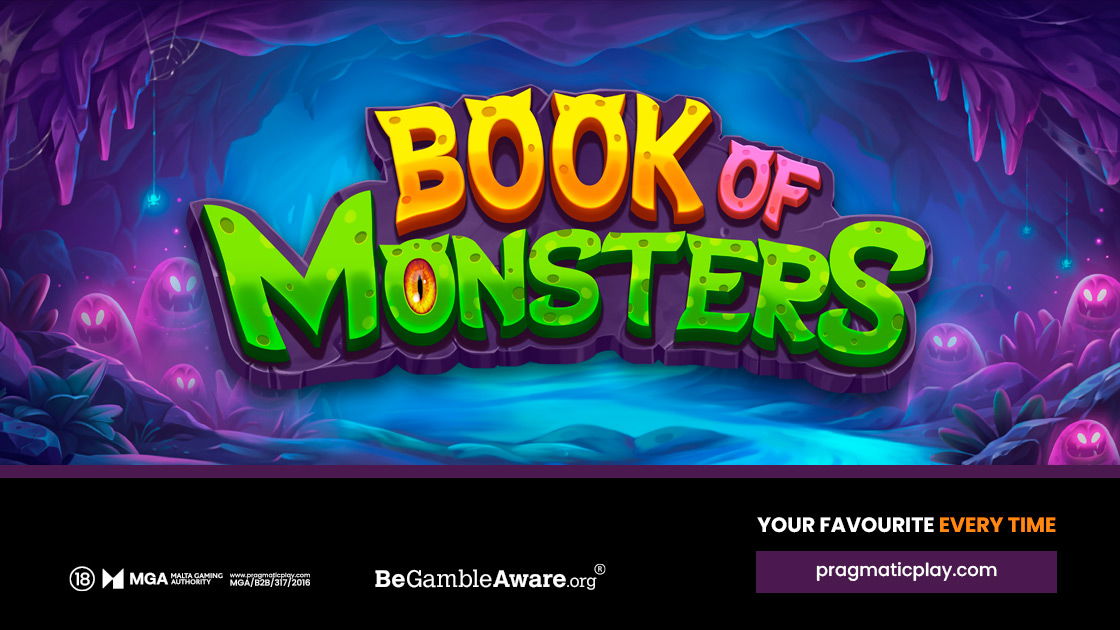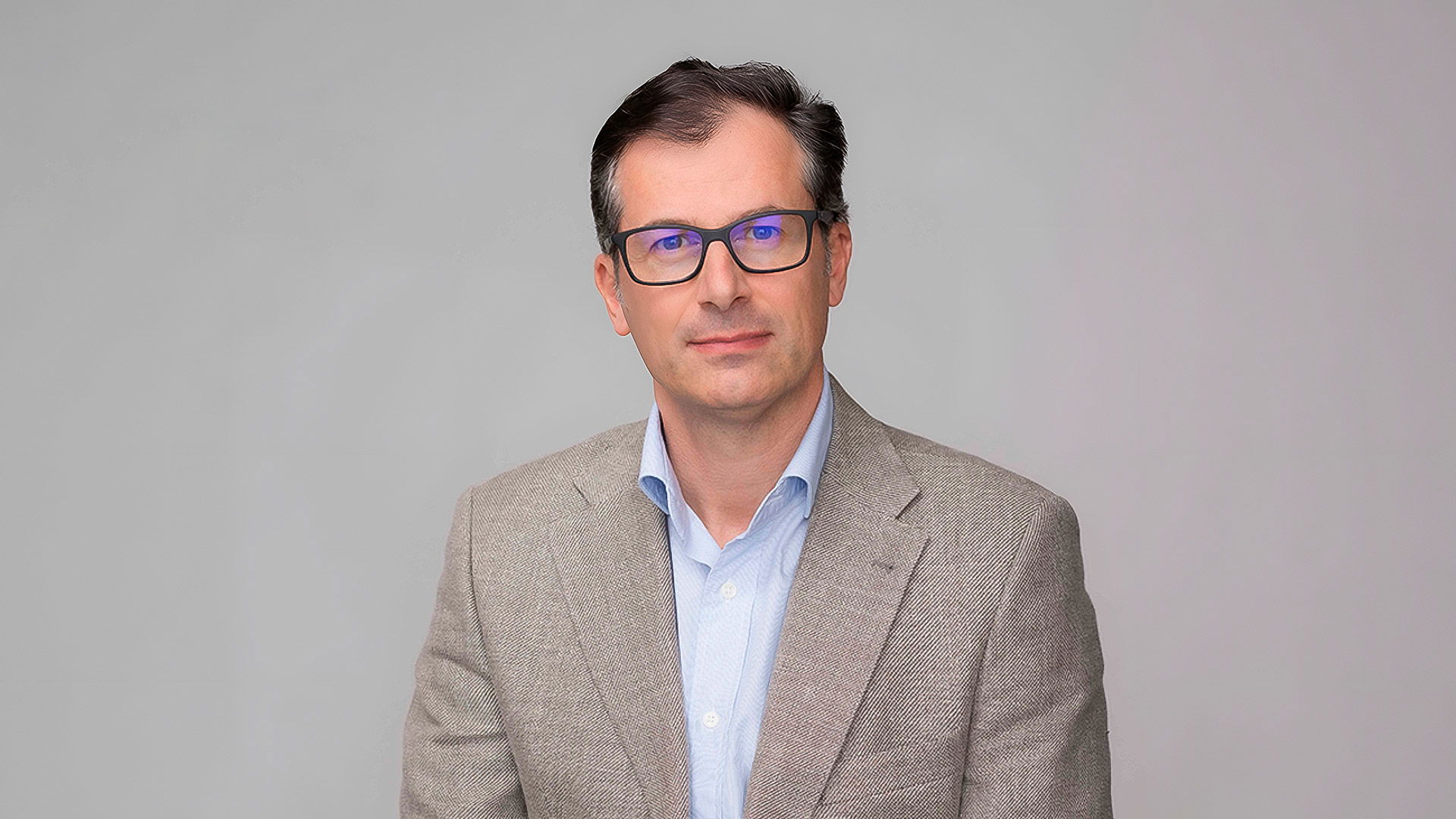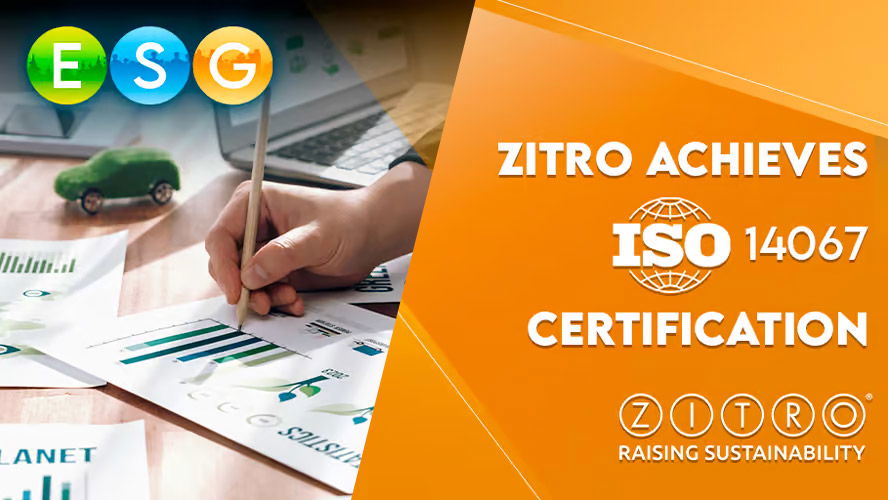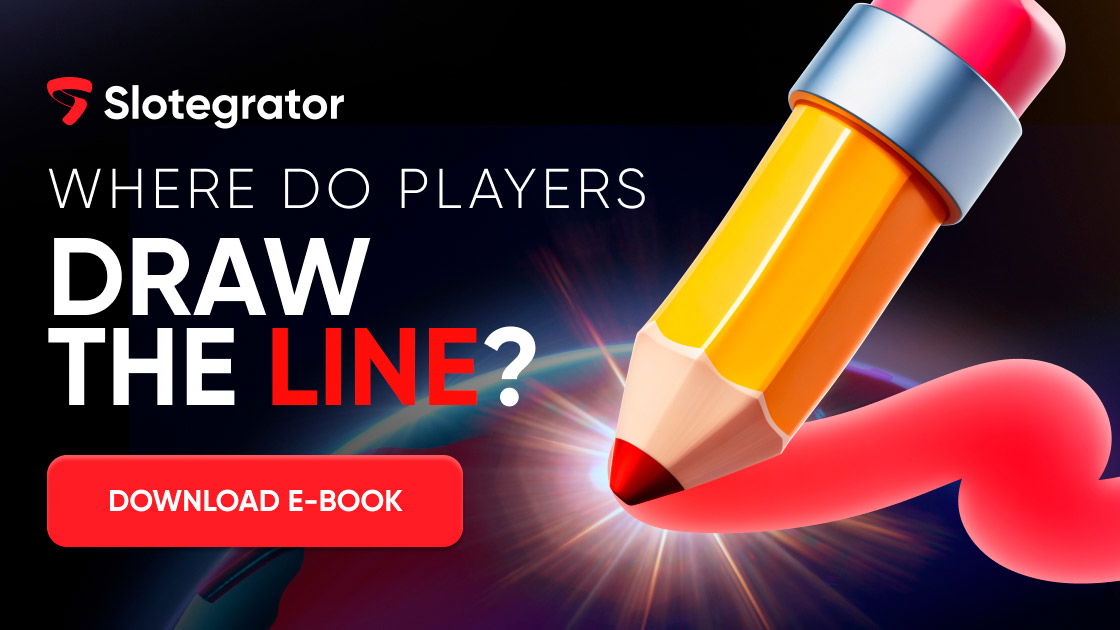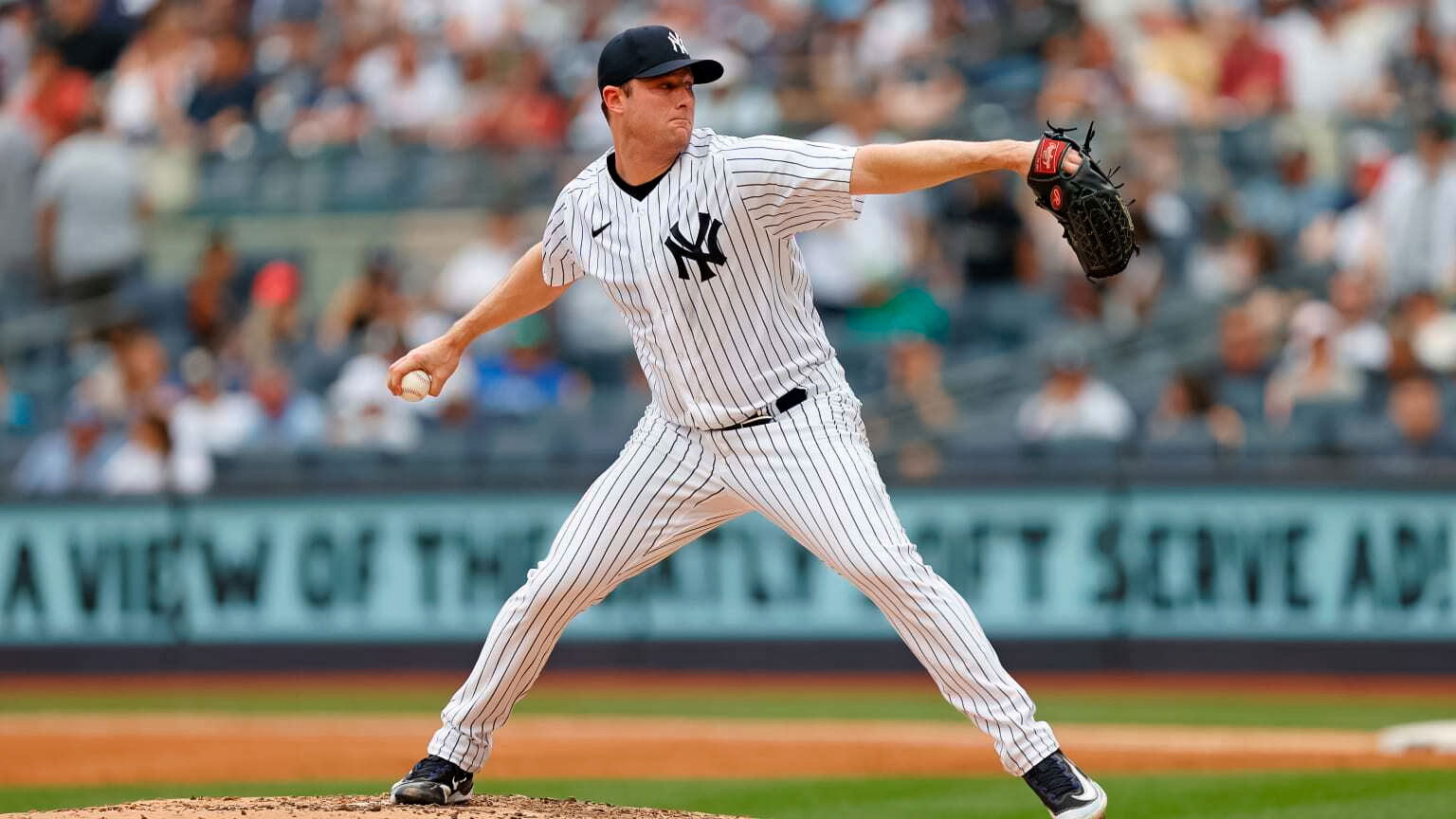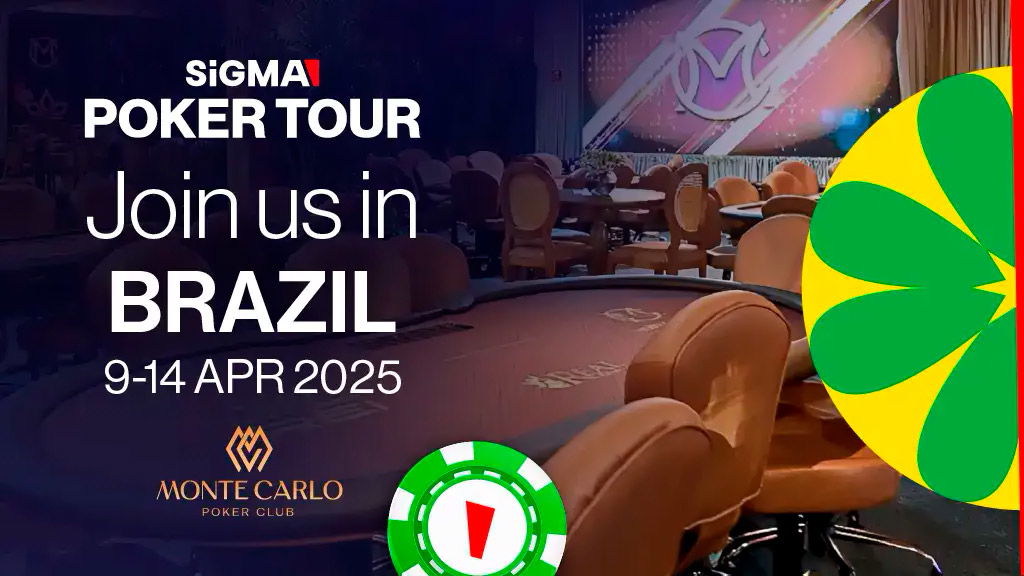German Sports Betting Association rejects proposed ban on gambling ads

The German Sports Betting Association (Deutscher Sportwettenverband, or DSWV) has taken aim at calls for a ban on gambling advertising in a statement issued on Thursday. The trade body rejected the idea, responding to media reports that Social Democratic Party (SPD) Senator Ulrich Mäurer had called for the imposition of said prohibition.
According to German news sources, the Senator for the Interior of the State of Bremen proposed the issue be raised at a Conference of Interior Ministers, set for early December. Mäurer suggested the ban would prevent gambling addiction and protect minors.
The Senator went as far as to condemn football clubs for partnering with betting companies on the TV program Sports Inside, claiming they were profiting from a sector “particularly harmful to society,” and said younger people were at greater risk by being exposed to gambling brands.
The DSWV said in its statement that it “emphatically rejects” the Minister’s statement, while maintaining that the calls were in violation of the State of Brenen’s formal approval of the Fourth Interstate Gambling Treaty (GlüNeuRStv), which was also approved by 15 other German Federal States. The treaty permits advertising for state-tested and secure offers.
According to the trade body, Mäurer’s claims were counterproductive, as advertising plays a key role by helping customers distinguish legal from black market operators. The DSWV has also pointed out that the European Court of Justice (ECJ) had ruled in favor of sports betting ads in the Zeturf case, specifically with relation to directing consumers towards the legal market.
“Since there are still many illegal operators active on the German market, advertising for licensed providers is vital,” DSWV president Mathias Dahms said. “How else can citizens differentiate between safe and unsafe offers?”
Dahms said that after years of negotiations, federal states have found “a good balance” between making legal gambling visible to the public and addressing concerns around youth and player protection. He stated the association assumes that the Conference of Interior Ministers “will be bound by the resolutions” of all 16 state parliaments on the State Treaty on Gambling.
The association also reiterated its stance that common sense advertising laws need to be applied to the GlüNeuRStv, claiming that consumers targeted by black market actors will not be able to find legal offerings without proper encouragement from advertising.
While the DSWV had initially supported the new regulatory framework, along with casino industry association DOCV, the trade body had expressed concerns about proposed taxation. The DSWV warned that the regime would add to challenges faced by the German gambling industry, including product restrictions, deposit limitations and stringent technical arrangements.
In its new statement, the German Sports Betting Association has again taken aim at a perceived “unequal treatment,” although now with regards to advertising. “The state must not give the impression that it is measuring with double standards and that it wants to give preference to its own gambling offers,” the statement reads.
“Holders of a German gaming license – both state-owned and private – have been extensively checked by the authorities for their reliability and performance,” continues the text. “This also applies in particular to their advertising strategies. Advertising for illegal providers is prohibited by law, enforcement agencies should focus on enforcing this.”
A total of 35 operators, including both international and domestic, were granted sports betting licenses under the GlüNeuRStv last month, while no approvals have yet been issued for online casinos, slots and poker. A recent study by Handelsblatt Research Institute suggested the treaty’s implementation could lead to a 40% increase in players gambling offshore, thus potentially canceling out customer protection efforts.



